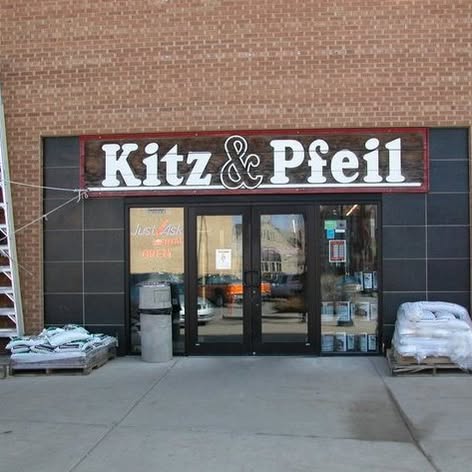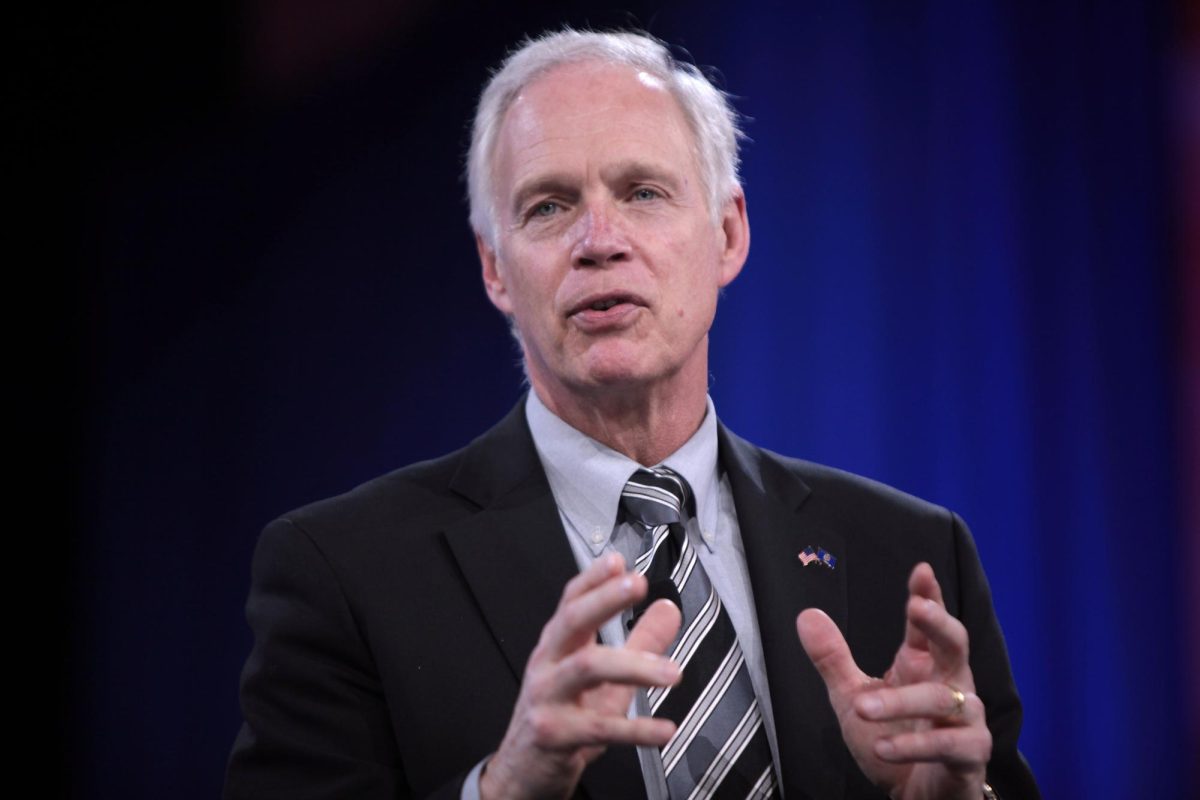While reports argue import prices continue to rise from the Trump administration’s tariffs, three Oshkosh businesses remain divided on whether the measures have reduced their profit margins.
On Wednesday, April 5, the Trump administration imposed a 10% tariff on all nations that trade with the United States and added reciprocal tariffs on April 9 targeting countries that have a U.S. trade deficit.
In July, the White House issued an updated executive order modifying reciprocal tariff rates in a move that underscores how tariffs remain a shifting concern for businesses across the country.
When the president began his second term, a national debate started about tariffs and whether they protect American industries or hurt businesses relying on imports.
Months later, the effects of these trade policies are now unfolding in communities like Oshkosh; Kenneth Osmond, owner of Planet Perk Coffee Houses, said everything is more expensive now for his business.
“Since we don’t grow coffee in Kaukauna, and we don’t grow tea in Fond du Lac, our prices will have to go up at the coffee shop,” Osmond said. “It’s inevitable.”
“Everything I consume has gone up in price,” he said. “I really wanted to buy a new espresso machine, but a new machine used to cost $14,000 and it’s now $24,000.”
Osmond said competition is fierce and small coffee houses will need to raise prices to compete with larger chains and manage the additional costs of tariffs on South America.
“Starbucks has 15,000 locations; they can afford to lose profit and not increase prices,” he said. “Small coffee houses will have to raise prices sooner rather than later.”
Jim Stapel, president and owner of Kitz & Pfeil Ace Hardware, said prices depend on what’s purchased and where it’s coming from, but parts like faucet washers made in the United States won’t go up.
“I don’t know what impact it will have, so far nothing,” he said. “Much of our stuff is made in the U.S., but a fair amount of smaller merchandise is made overseas.”
Stapel said if costs rise from tariffs on manufactured parts in Vietnam, China and other Southeast Asian countries, prices will increase for him as well.
“In the end, if costs do go up, the price has to go up too because you need enough money to pay your workers, the heat bill and everything else,” he said.
Jay Ratchman, owner of Camera Casino, a long-standing photography store in Oshkosh, said he doesn’t have control over the prices his customers pay.
“Prices are controlled by the manufacturers, whether it’s Buchanan, Nikon or Sony, all right down to the penny,” he said. “If I don’t put it there, they don’t honor rebates.”
Ratchman said he is in a unique position: parts will cost more from China because of the additional tariffs on those goods, but much of his business comes from Japan.
“I would say 95% of our business is foreign; nothing’s made in the United States,” he said. “A lot of stuff we get is from Japan, and that’s different than getting it from China.”
Osmond, who relies mostly on imported goods, said the tariffs have also made it more costly to get fruit from South America and Mexico, leaving him unable to get the fresh fruit needed for smoothies.
“Because of the tariffs, it’s now more expensive to get fruit from South America and Mexico,” he said. “I can’t get any fresh fruit pulp for my smoothies.”
Because Osmond sources his coffee directly from South America, he said he expects the farmers growing his coffee to take a hit as well.
“Small roasters like Intelligentsia source their beans directly from farmers in Ethiopia and Kenya, and countries like Mexico with large plantations are being hit hard,” he said.
While Stapel doesn’t expect major impacts now, he said Ace Hardware’s corporate branch told him there could be price changes ahead, even enough to justify an extra hire.
“I don’t know the impact of trade policies now,” he said. “But Ace told us to expect price changes, and they said we may want to hire somebody part-time for that.”
Though Stapel said the impact of tariffs depends on their specifics in his business, he remains mindful of them while focusing on his current reality.
“I think as we go back to business as usual, you have to keep the tariffs in the back of your mind while dealing with reality as it is now,” he said.
But while Stapel and Ratchman return to business unsure about the long-term effects, Osmond pays one of the highest tariffs for global agricultural imports.
“Every independent restaurant and coffee house is just one massive repair bill away from going into the red,” Osmond said.
Though his view of reality differs from Stapel and Ratchman’s, Osmond said the pain brought by these tariffs won’t be brief for anyone—especially Planet Perk.
“This isn’t going to be short-term pain for us—that’s a quarter,” he said. “This is years’ worth of long-term pain that’s starting now.”
While opinions differ widely on the end result of the tariffs, it’s clear Oshkosh businesses relying on imports like Osmond’s cafe will now have to pay more to run their daily operations.









